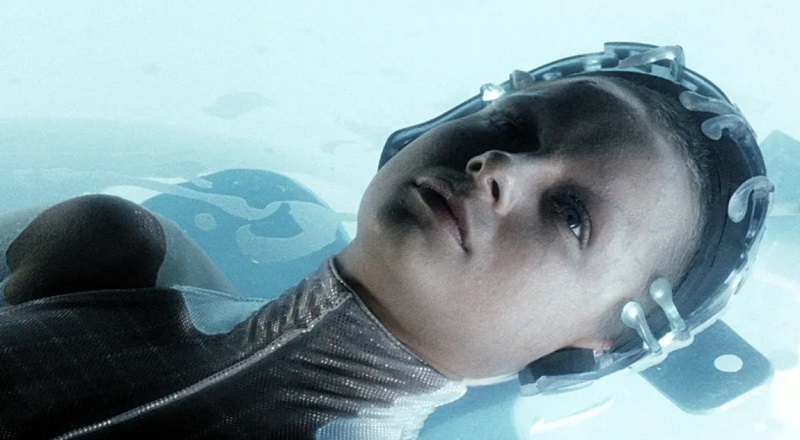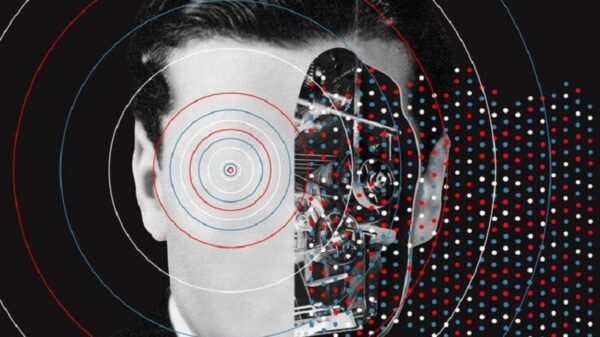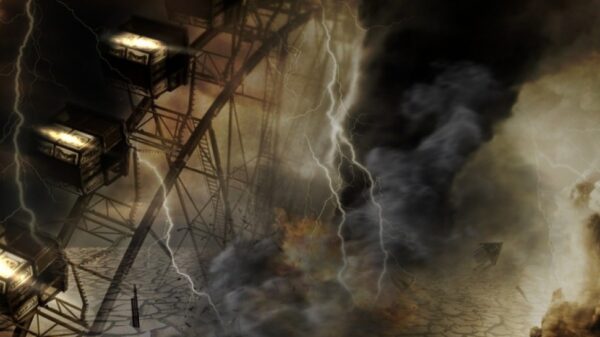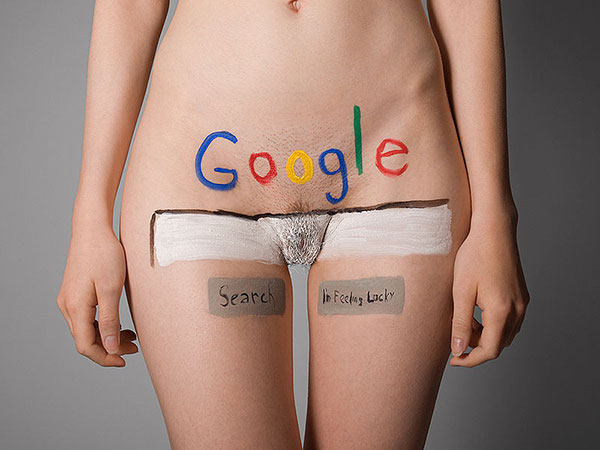Social networks today are not only the habitat of many people, but also an area of life that can replace almost everything. By observing people on the Internet, scientists have already made dozens of discoveries that make it possible to quite accurately predict a person’s behavior and even his future actions. Just like in the movie “Minority Report” based on the story by Philip K. Dick. Only there they use mutant clairvoyants placed in capsules.
In reality, everything turned out much more prosaic
What we write, like, watch, read, and most importantly, how we react to it all is read by cunning algorithm programs that keep people glued to their screens for dozens of hours. This is not entirely good, since over time a person develops the feeling that everyone in the world thinks exactly the same as he does. Everyone creates their own cocoon by subscribing to channels and consuming content from people with whom their values coincide.
Previously, you could simply turn off the TV if there were boring programs on, but now you are always online. An endless news feed, always beeping messages from instant messengers and email. Everyone wants or offers something. And there is no end to this.
A new type of persona – the networked one
We ourselves didn’t notice how we became different. Today, people can see a sad message about the death of a friend in their feed, and then like a friend who baked a cake or posted recent travel photos online. The switching of emotions happens so quickly that a person forgets how half an hour ago he was arguing with someone on the Internet because of the color of a frying pan, and now he watches funny cats videos and is fascinated.
Life and death on the Internet
Even 10 years ago, some social networks offered a strange service called “letters from the departed.” People who knew they would soon be dead could write hundreds of different messages and set them on a timer. And their loved ones could receive “messages from the afterlife” on certain days.
The messages could be separated by at least 10 years and they would all arrive as if a long-dead person had just sent them. So the husband, who loved his wife very much and suffered from cancer, wrote down birthday greetings for her half a century in advance. Now she receives an original congratulation from a person who is no longer alive on her birthday day, every year.
The service was popular, but did not find a wide response. It was too artificial and, to some extent, cynical, because such “congratulations” were invaluable.
And almost every day new online features are being introduced more and more into our lives.
Digital trends have not spared show business stars either. On the Internet, it has long been difficult to say for sure that someone has died or got into a scandal until someone denies it or confirms it from official sources. Rumors and all short of viral news spread so quickly that within an hour after the launch of a “newspaper canard” it appears in all major media outlets.

Today, if they talk about you, it means you exist. It doesn’t matter what they say or where you are at this moment. And stories with holograms of Michael Jackson or Tupac only confirm that nothing is impossible in the digital world. And then they appeared.
AI changes analogue people to digital ones
At the very beginning, people laughed at how these funny programs drew elephants and cats like five-year-old children. And six months later they began to copy masterpieces of world art by also mixing styles from different eras. After another six months, they were able to copy any person’s voice and appearance and even conduct conversations for them, where their own mothers could not distinguish who is real and who is not.
They learned to write scripts, make diagnoses more accurately than ordinary doctors, and give business advice better than any analysts. Today their possibilities are almost limitless. But this is just the beginning.
The crown of creation?
Man is an ambitious, vain and confident creature. This is what helped ancient people wrap a sharpened stone around a stick and create a spear. With this spear they beat out huge mammoths and predators that threatened their prey. But animals were tens of times stronger and more resilient than people.
Now the same “stone spear” will be created by artificial intelligence, the arrival of which is just around the corner.
This scares some, and delights others. Imagine a complete copy of yourself transferred into a digital environment. A scientist can “move” his mind into a computer to continue research without interrupting sleep and food. This is for practical purposes.
But commercially, there is no limit to imagination. A person will be able to continue to communicate with his relative even after death by digitizing his mind. From a therapeutic point of view, it can help overcome grief and the burden of loneliness. Especially the elderly, who sometimes have no one to talk to. The possibilities are endless.
We still have to find out what the “crown of creation” is. New technologies today do not look like some kind of magic, but like a real “divine providence.” In the future, we will literally be able to create and live in our own worlds, where we feel good and calm. Who needs reality with its endless shocks and stress? The question is, of course, rhetorical.
But today many people reach an almost 100% integration with the digital world and prefer the safe and familiar environment of social networks than the cruel and grey life outside the window. Without modern gadgets there is no modern person.


















